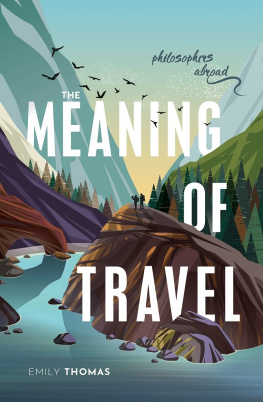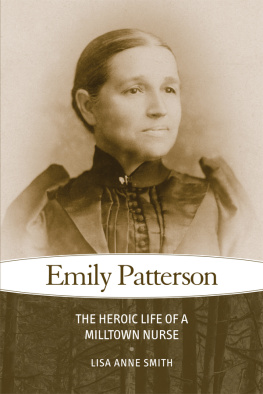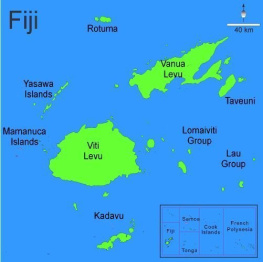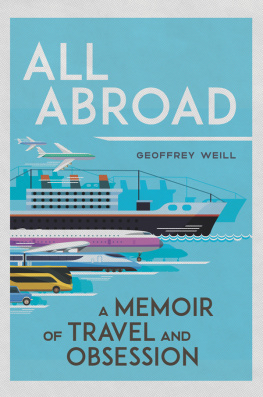The Meaning of Travel

Great Clarendon Street, Oxford, OX2 6DP, United Kingdom
Oxford University Press is a department of the University of Oxford. It furthers the Universitys objective of excellence in research, scholarship, and education by publishing worldwide. Oxford is a registered trade mark of Oxford University Press in the UK and in certain other countries
Emily Thomas 2020
The moral rights of the author have been asserted
First Edition published in 2020
Impression: 1
All rights reserved. No part of this publication may be reproduced, stored in a retrieval system, or transmitted, in any form or by any means, without the prior permission in writing of Oxford University Press, or as expressly permitted by law, by licence or under terms agreed with the appropriate reprographics rights organization. Enquiries concerning reproduction outside the scope of the above should be sent to the Rights Department, Oxford University Press, at the address above
You must not circulate this work in any other form and you must impose this same condition on any acquirer
Published in the United States of America by Oxford University Press
198 Madison Avenue, New York, NY 10016, United States of America
British Library Cataloguing in Publication Data
Data available
Library of Congress Control Number: 2019946458
ISBN 9780198835400
ebook ISBN 9780192572325
Printed and bound in Great Britain by Clays Ltd, Elcograf S.p.A.
Links to third party websites are provided by Oxford in good faith and for information only. Oxford disclaims any responsibility for the materials contained in any third party website referenced in this work.
For Erin, Eva, and Mar
Contents
1. Prohibit young people from travel
No young person under forty is ever to be allowed to travel abroad under any circumstances; nor is anyone to be allowed to go for private reasons, but only on some public business, as a herald or ambassador or as an observer of one sort or another.
Plato, Republic(c.380 BCE )
2. Avoid foreign novelties, customs, and affections
In manners or behaviour, your Lordship must not be caught with novelty, which is pleasing to young men; nor infected with custom, which makes us keep our own ill graces, and participate of those we see every day; nor given to affectation (a general fault of most of our English travellers), which is both displeasing and ridiculous.
Francis Bacon, Essays(1597)
3. Consider the monsters
Have you considered all the dangers of so great an enterprise, the costs, the difficulty, the expectation, the conclusion, and everything else pertinent, and weighed them properly in your judgement? There is heaven, you say, but perhaps you can scarcely see it through the continuous darkness. There is earth, which you wont dare to tread upon perhaps, because of the multitude of beasts and serpents. There are men, but you would prefer to do without their company. What if some Patagonian Polyphemus [Cyclops] were to tear you to pieces and then straightaway devour the throbbing and still-living parts?
Joseph Hall, Another World and Yet the Same(1605)
4. Prohibit fools, furious people, and women from travel
It may be doubted whether all persons mayundertake Travel Infants and decrepit personsfooles, madde men and furious persons whose disabilities of mind are such as no hope can be expected for the one or other. Lastly, the Sex in most Countries prohibiteth women, who are rather for the house than the field.
Thomas the Travailer Palmer, An Essay of the Means how to make our Trauailes, into forraine Countries, the more profitable and honourable(1606)
5. Map the universe
It were of use to inform himself (before he undertakes his Voyage,) by the best Chorographical and Geographical Map of the Situation of the country he goes to, both in it self and Relatively to the Universe.
Edward Leigh, Three Diatribes(1671)
6. Adopt local fashions and avoid being eaten














